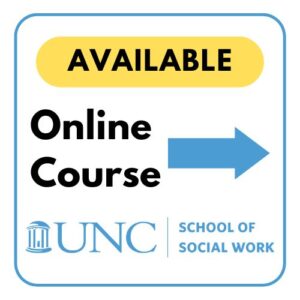
Description:
In this presentation, Lisa Feldman Barrett will describe her cutting-edge research on how emotions are constructed in the moment by core systems that interact across the whole brain, rather than being fixed, universal categories. She will also elaborate on the significant implications for psychotherapeutic work, and explain how and why psychotherapy can help transform people’s emotional experiences.
Lisa Feldman Barrett, Ph.D., is a University Distinguished Professor of Psychology at Northeastern University, with appointments at Harvard Medical School and Massachusetts General Hospital. She has published more than 200 peer-reviewed articles on emotions and neuroscience as well as the popular book, How Emotions are Made: The Secret Life of the Brain (2017). She has received numerous awards for her work, including the National Institutes of Health Director’s Pioneer Award and election to the Royal Society of Canada.
Learning Objectives
At the conclusion of this workshop, participants will be able to:
- Describe at least 1 instance that demonstrates how emotions are constructed rather than universal.
- Identify at least 2 practices that can help people to change their experience with emotions.
- Explain at least 1 reason that the practice of labeling one’s experience of emotions can lead to a transformative experience.
References
- Barrett, L. F. (2012). Emotions are real. Emotion, 12 (3) 413-429.
- Barrett, L. (2017). The theory of constructed emotion: An active inference account of interoception and categorization. Social Cognitive and Affective Neuroscience, 12(1), 1-23.
- Barrett, L. F., & Simmons, W. K. (2015). Interoceptive predictions in the brain. Nature Reviews Neuroscience, 16(7), 419-429.
Handouts
UNC Chapel Hill School of Social Work Clinical Lecture Series
